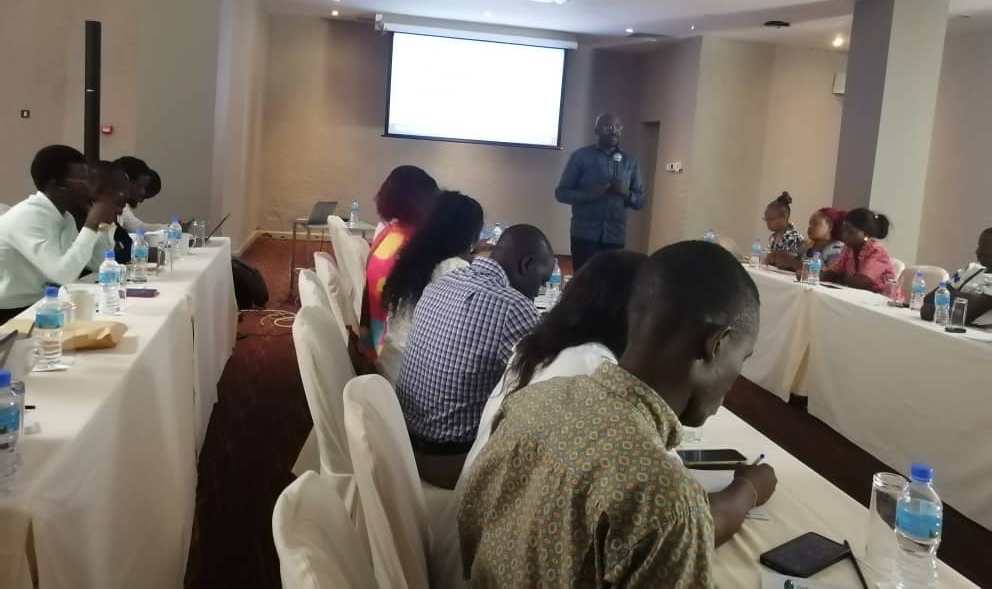By Lemuella Tarawallie
The African Population and Health Research Centre (APHRC), through the project titled “Challenging the Politics for Social Exclusion”, on Monday held one-day training for journalists at the Radisson Blu Hotel on Sexual Reproductive Health Rights (SRHR).
The aim of the training was for journalists to be able to understand issues of SRHR and using data to report on sexual reproductive rights issues, and also on how journalists could be agents, advocates, or catalysts for sexual reproductive health and rights issues.
During the training, APHRC’s Communications and Advocacy Officer, Issabelah Mutuku in her overview, stated that the workshop would help the journalists in the room to understand critical issues on sexual and reproductive health and rights and how to use evidence and data to report on those issues.
She stated that her expectation from journalists in the room, after the training, was that their reporting would be more accurate on sexual and reproductive health and rights issues.
Dr Dennis Galava highlighted the importance of reporting on SRHR and other tabooed topics. He stated that the main objective of the training was to discuss the techniques of telling “your stories in a manner that is captivating and also in a manner that brings out the issues accurately, objectively, and mobilises action”.
Grace Kibunja, APHRC’s head of the Advocacy Unit, said the African Population and Health Centre decided to target journalists on sexual and reproductive health rights because they found out that across Africa, it was not easy for people to understand those issues.
She noted that journalists also needed to understand sexual reproductive health rights issues to be able to report it in a way that policy makers can make changes on the policies that affect people positively.
APHRC’s researcher, Kenneth Juma, said the training would help journalists to work on the magnitude of “unsafe abortion in Sierra Leone”.
Mr Juma added that the aim of the project, “Challenging the Politics for Social Exclusion”, was to count or establish the total number of abortions taking place in Sierra Leone in order to generate the necessary evidence required.
The training was climaxed with practical group work and presentations of five groups on maternal mortality capturing key points on which the journalists were being trained.


